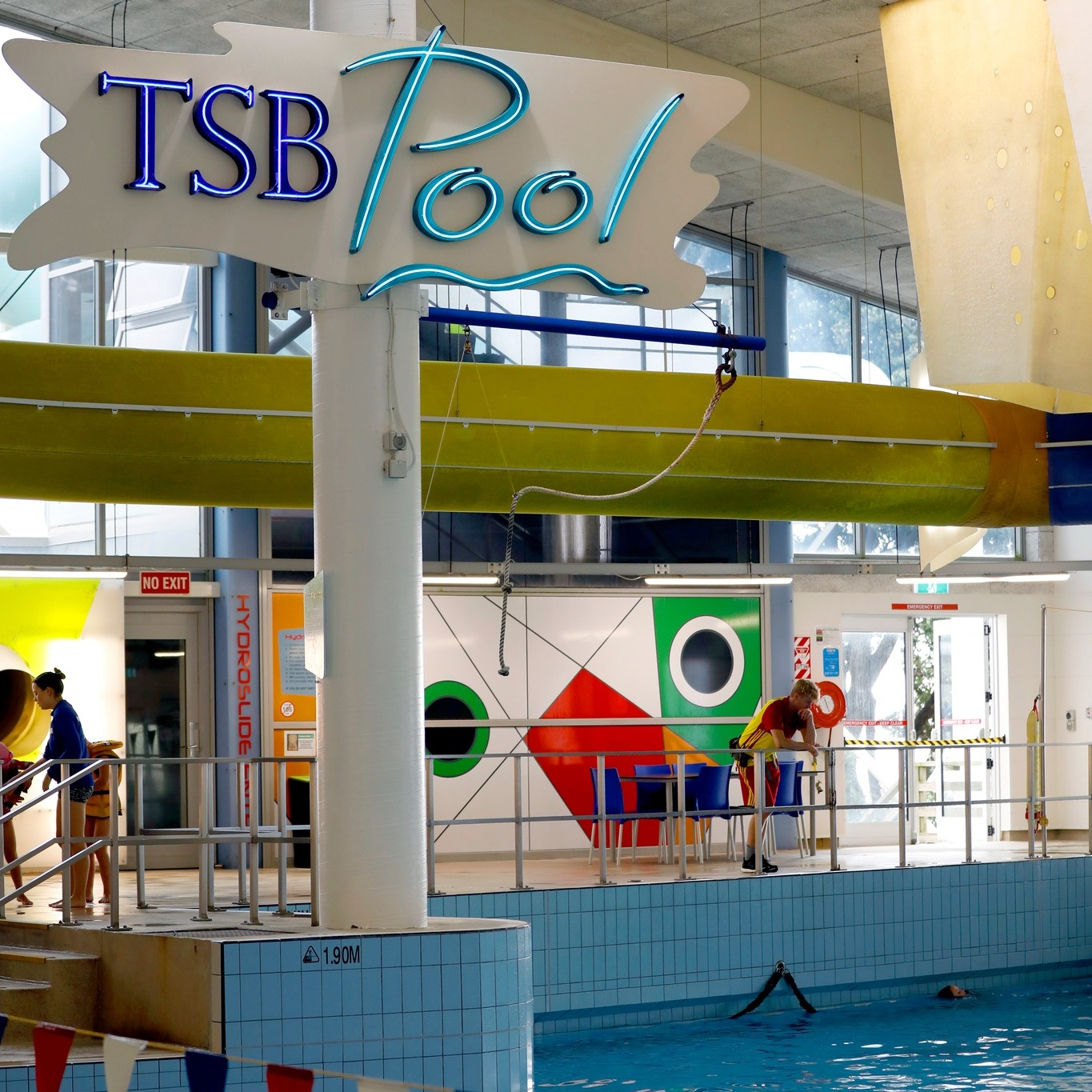
A New Zealand mother has divided public opinion by calling for a ban on G-string bikinis at her popular public swimming pool in New Plymouth.
Amy Dixon, who has three sons, started an online petition asking whether she was being a prude for wanting the Todd Energy Aquatic Centre where her sons attend to implement a rule against the skimpy swimwear.
The petition has so far garnered over 120 signatures.
READ MORE: Hundreds of thousands of Aussies enter home loan ‘survival mode’
Her campaign started after her eight-year-old son was confronted by a young woman wearing a G-string while at his swimming lesson.
“The term itsy bitsy teeny weeny bikini seems to have taken on a whole new meaning,” she wrote of the swimwear choice on her petition page.
“It was pornographic,” Dixon told local paper Taranaki Daily News.
“I don’t want to be an overprotective mum. Is that the space we’re in with society now? If so, I’ll find ways to prepare my kids for that. But do we have to do that?”
There is nothing in the aquatic centre’s dress code that dictates a minimum standard of dress, except to stipulate adequate coverage of breasts for women.
Dixon has gained support from some locals.
“I agree that public places should be a place protected for children and families,” one wrote on the petition page.
It’s an issue that has ignited debate on Australian shores, with one Queensland man sparking public backlash earlier this year by calling on the Gold Coast council to ban skimpy bikini bottoms away from beaches.
The Gold Coast mayor dismissed that idea, but in New Plymouth the Todd Energy Aquatic Centre operator appears more receptive.
READ MORE: Biscuits recalled over possible presence of animal droppings
G-string bikinis had become more prevalent with the arrival of European tourists post-Covid, the operations manager Mike Roberts said.
“I think you’d find the majority of them are tourists.”
So far it has been up to individual centres to dictate swimwear etiquette.
New Plymouth Aquatic Centre policy aligned to others in Auckland, Hamilton and Dunedin where all swimmers at all times in the water had to wear recognised swimwear but there were no requirements as to adequate coverage.
links to content on ABC
9News





